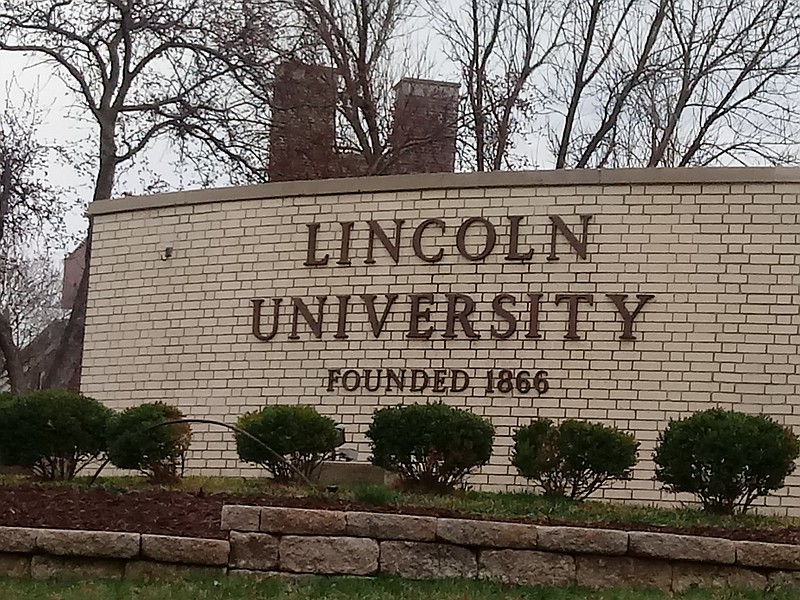Lincoln University is looking to next year with enrollment and a $3.4 million budget gap in mind.
In its last meeting of 2021, the Lincoln University Board of Curators met Thursday morning to set its sights on the next academic year and approve various measures related to policies and purchasing.
As it looks ahead, the board is also considering how to spend some appropriated funds and determine what the budget for next year might look like.
Curator Richard Popp, who is chairman of the budget and finance committee, said Lincoln University is on budget at a quarter of the way through the fiscal year.
The university budgeted for a 10 percent dip in enrollment this year and offset some of that lost tuition revenue with $3.4 million in federal COVID-19 relief dollars.
However, those were one-time funds, Popp said, which means the university will need to figure out how to close a $3.4 million budget gap for next year.
Popp said he is hoping Lincoln receives more funding from state appropriations next legislative session, which could then be used to close the gap. Another option is to draw down funds from the university's reserves over the next couple years as needed.
"We would probably use some of our cash reserves for the next year or two and draw down the cash reserves some in the next year or two rather than have some draconian cuts to expenditures," Popp said.
Interim University President John Moseley said the $3.4 million budget gap is no secret and has faculty and staff concerned.
He said he hopes the board sticks to its reserves plan to prevent cuts.
"I think it's important for this board to arrive at a place where we know that going into next year that we're prepared to do that and that our reserves are at a level right now that we can sustain," Moseley told the board.
Edgar Castro-Corona, chairman of the LU Staff Council, said roughly two-thirds of the university staff report being unsatisfied, according to an evaluation the previous council chair conducted.
The dissatisfaction often centers around pay and salary discrepancies, Castro-Corona said, as well as feeling undervalued.
The university is preparing to launch an employee recognition program and is working with a consultant to inform employees about professional development offerings and define job descriptions, he said.
Board of Curators President Victor Pasley said he hopes that work will boost staff morale.
Discussion around the budget shortfall also shed light in another area: enrollment.
Popp said he's hopeful the university's efforts to boost enrollment show results next fall and the university can recoup some of its lost tuition back.
Darius Watson, interim dean of enrollment management, said spring semester enrollment is looking good, but there aren't specific numbers yet as students haven't finished registering for classes.
Watson said the university is also in the final stages of implementing student orientations with the first one scheduled for next week - six weeks ahead of its traditional orientation time.
Additionally, Lincoln has started using enrollment logs to track recruitment numbers by recruiter, location and week, he said, and parents and students are reporting a smoother application process.
Also at the Thursday meeting, the board selected members for its nominating committee, which will work to identify new board officers and nominate them by Jan. 10. New officers will be elected at the Board of Curators' next meeting Feb. 10.
Curators Popp, Stacia Bradley Brown, Everidge Cade and Terry Rackers make up the nominating committee with Popp as committee chairman.
The Board of Curators also approved updated policy language to allow graduating seniors to live on campus without meeting the 12-credit-hour requirement and removed work duty percentages from job descriptions.
The board also approved an updated memorandum of understanding with the 62nd and 65th Regiments Legacy Foundation and the purchase of a $178,130.59 mass spectrometer. Federal appropriation dollars will be used to pay for the new piece of science equipment.

